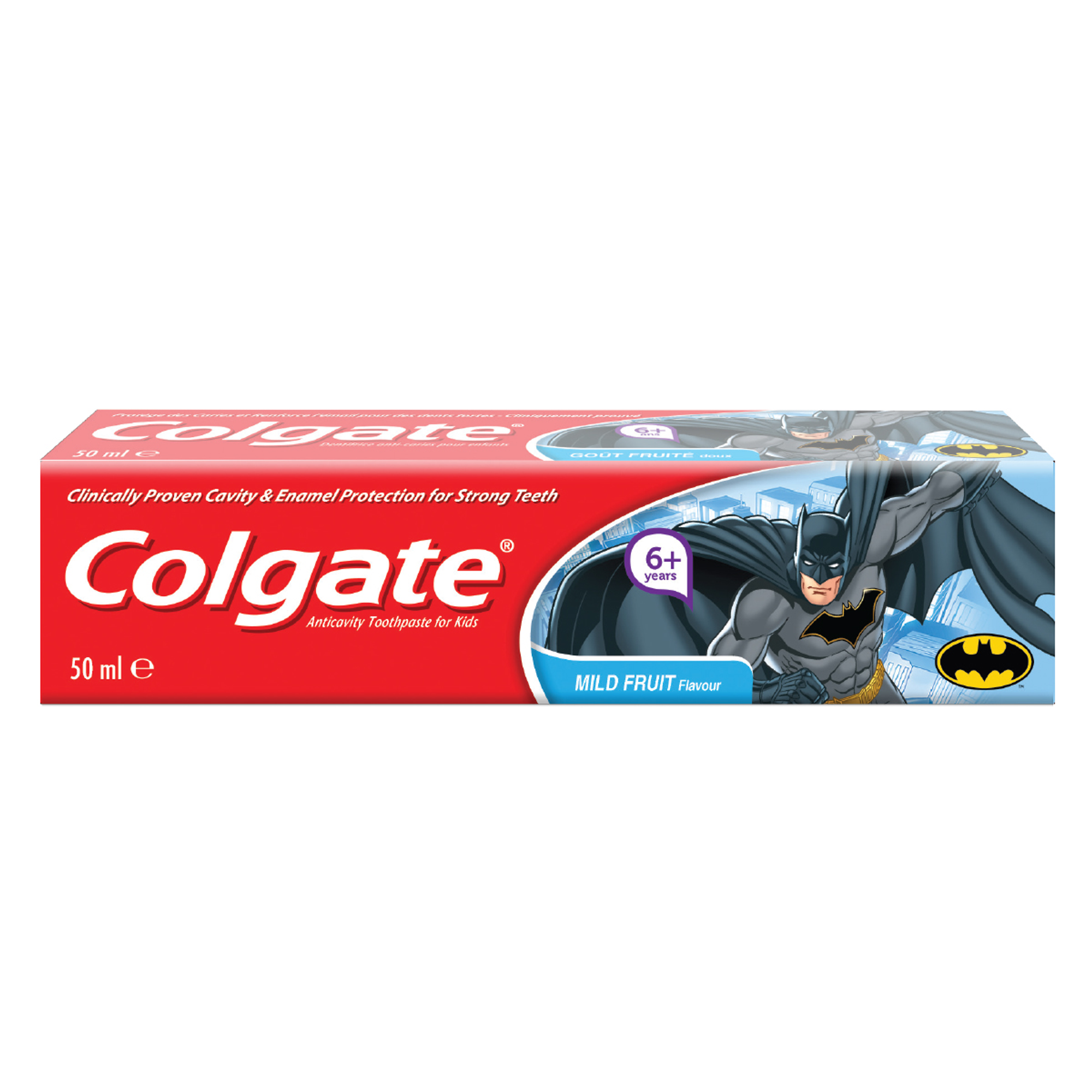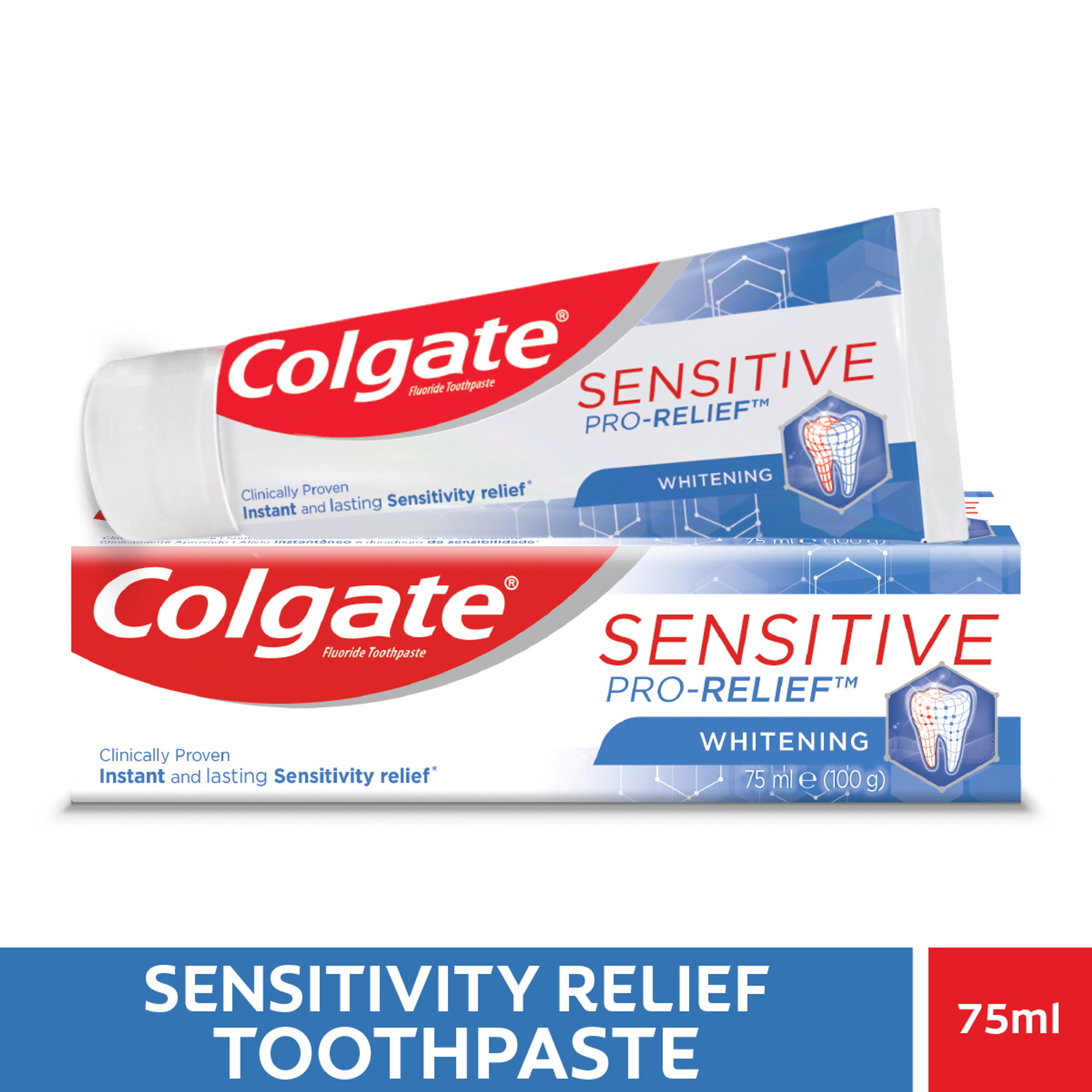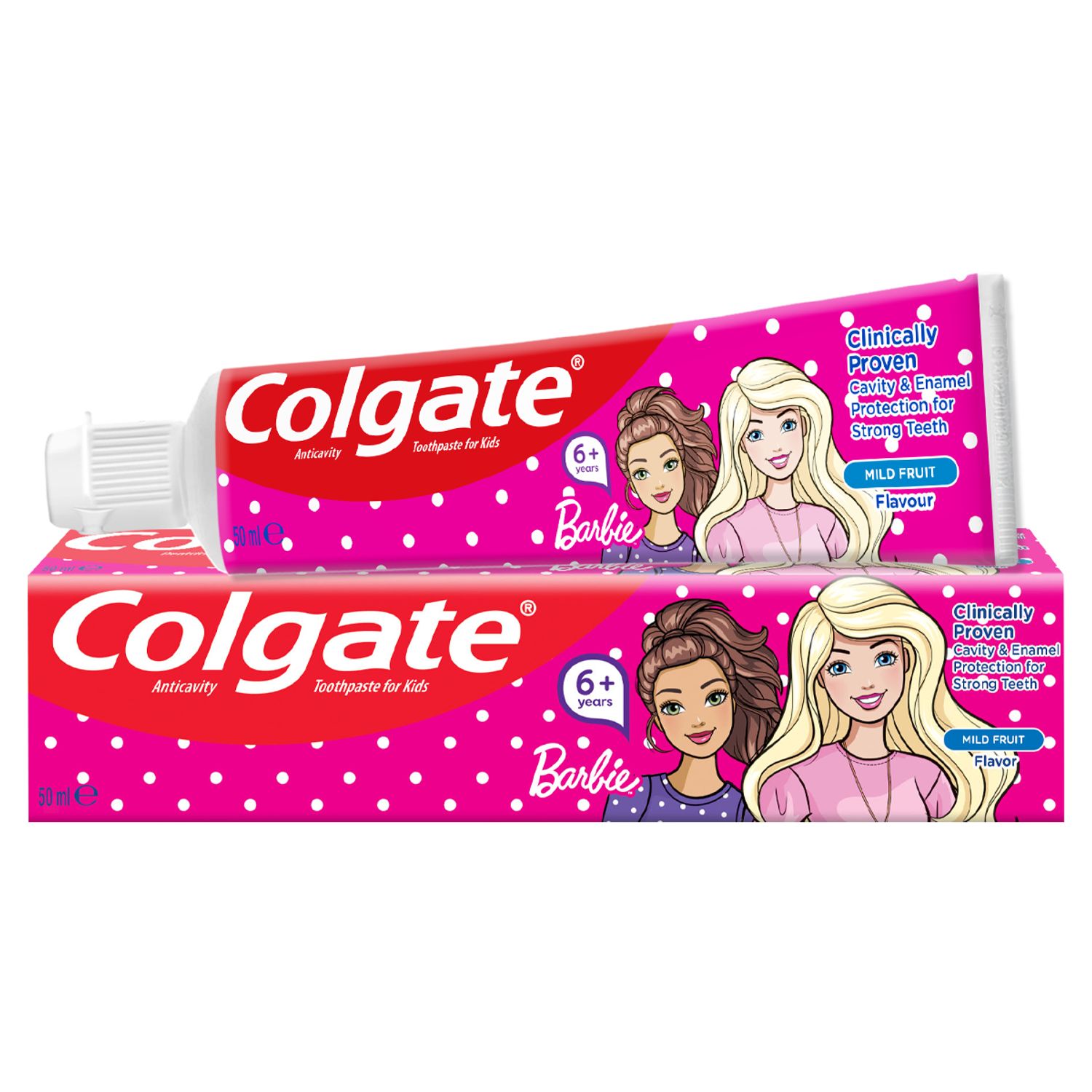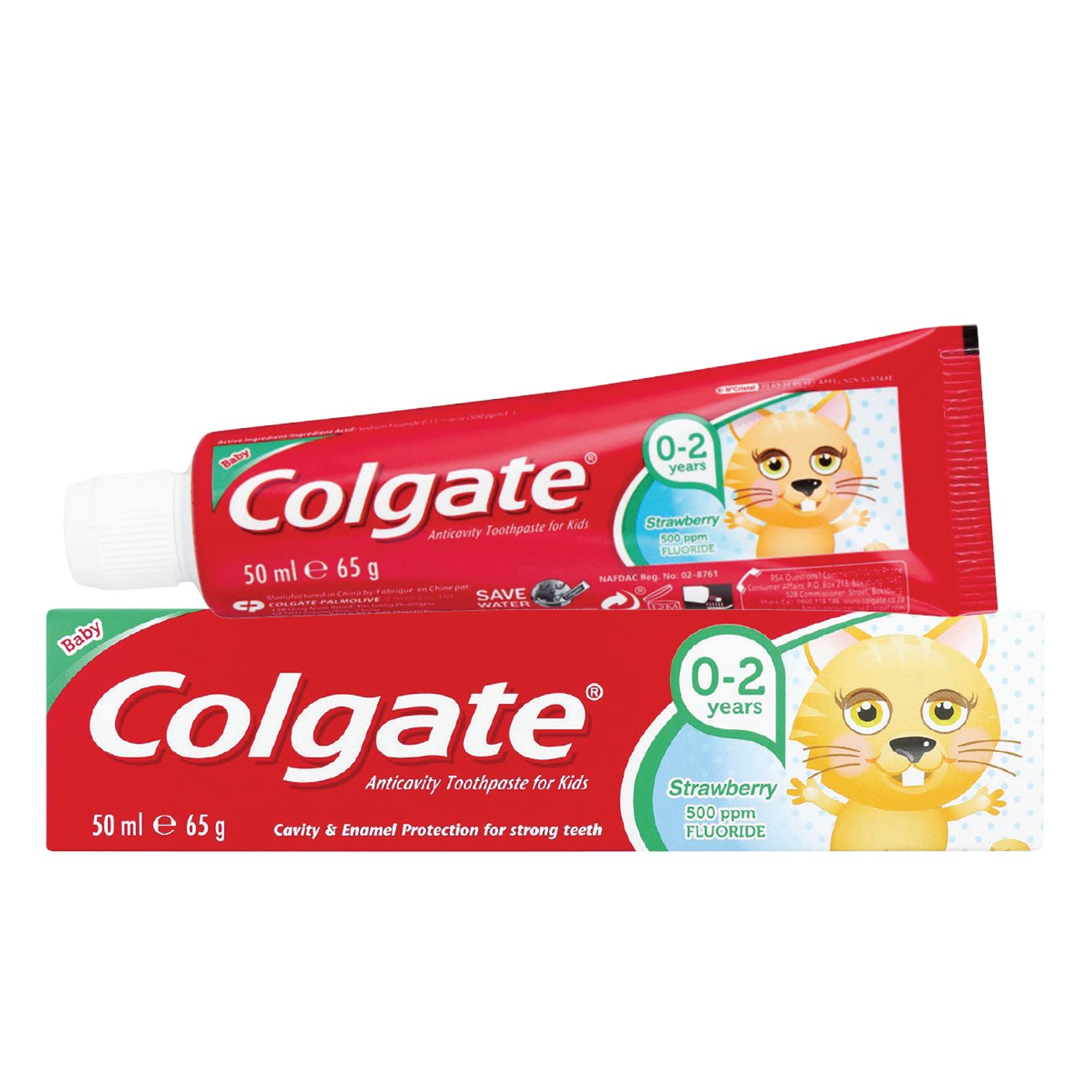-
-

CAVITIES
Can You Heal A Cavity At Home?You feel a sharp pain when you bite down or try to eat. You think it's a cavity, but you're not 100 percent sure...

BAD BREATH
How To Cure Bad BreathMore commonly known as bad breath, halitosis is an embarrassing hygiene issue that nobody wants, but some of us get every now and then...
-
Science & Innovation
- Colgate® | Toothpaste, Toothbrushes & Oral Care Resources
- Oral Health
- White Tongue In Babies: Is it Thrush?


As all parents know, there's nothing predictable about caring for a newborn. If your baby has a white tongue, you might be wondering if something is wrong. It may be thrush, the common yeast infection that presents as a white film on your baby's tongue, or it could simply be milk residue from a recent feeding. Learn about the potential causes of a white tongue so that you can care for your infant's oral health more confidently.
Common Causes of a White Tongue
A white tongue is the result of debris, dead cells or fungi building up between the bumps (called papillae) on the surface of the tongue. In adults, the causes of a white tongue include dehydration, poor oral hygiene, smoking or excessive alcohol consumption. White patches on the tongue and elsewhere in the mouth that can't be rubbed off can indicate thrush at any age. On the whole, however, if your baby has a white tongue, milk residue is the most common culprit.
Signs of Thrush
White film that doesn't wipe away easily with a cloth may be a case of thrush. Thrush is caused by an overgrowth of Candida yeast and may appear as milky white patches inside your baby's mouth. Thrush rarely appears exclusively on the tongue and will often coat the parts of the mouth your baby uses to suck, like the inner and outer lips and inner cheeks.
Thrush in babies can cause irritability, general fussiness and an aversion to sucking or feeding. However, most infants experience little discomfort and moderate symptoms. You should seek treatment as soon as possible, particularly if your newborn is struggling to latch or refusing to eat.
Treating Thrush
Luckily, with the guidance of a pediatrician, thrush is easily treatable. Your doctor may prescribe an antifungal treatment to be applied directly to the white patches. The medication is no longer effective when swallowed, so leave it in the mouth and avoid feeding for 30 minutes. Your doctor will advise you on how frequently to apply the antifungal, though it may be up to four times a day for a week. Thrush usually resolves in four to five days.
The doctor may check the mother's nipples for signs of thrush and prescribe a topical cream to prevent the mother and her baby from passing the infection back and forth.
Preventing Thrush
Whether your baby is breastfed or formula-fed, you'll likely notice a milky white glaze on their tongue after a long feeding. Formula tends to have a brighter appearance, while breast milk may be less noticeable. No matter how you feed your baby, wipe your infant's mouth with a clean, damp cloth or gauze immediately after each feeding to start them on a lifetime of sound daily oral care. One of the best steps you can take to prevent thrush is to carefully clean your baby's mouth, the breasts and your feeding equipment (bottles and breast pumps, for example). Take extra care while breastfeeding to avoid dry or cracked nipples, which can create an environment for yeast to thrive.
If your baby does develop a case of thrush, don't worry. Most infections will go away in a few days with the proper care and treatment.
Related Products

Helping dental professionals
More professionals across the world trust Colgate. Find resources, products, and information to give your patients a healthier future











